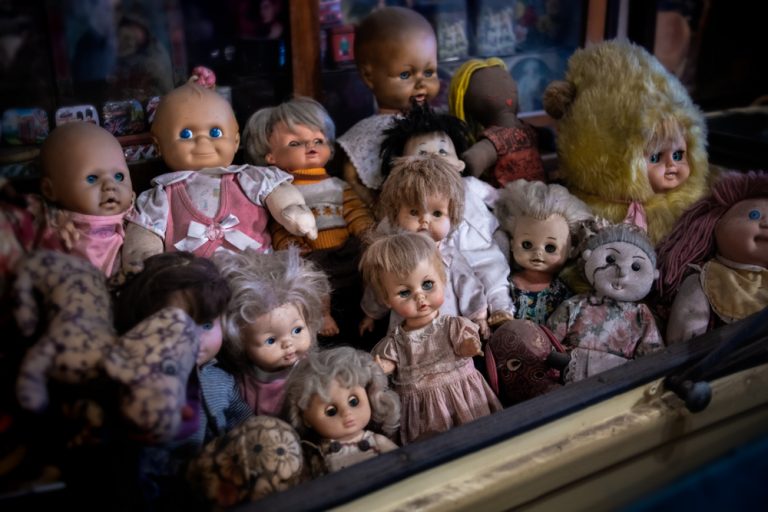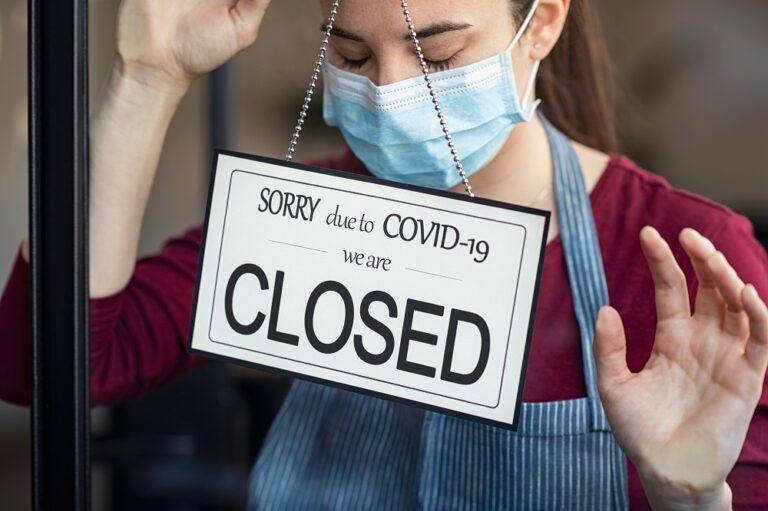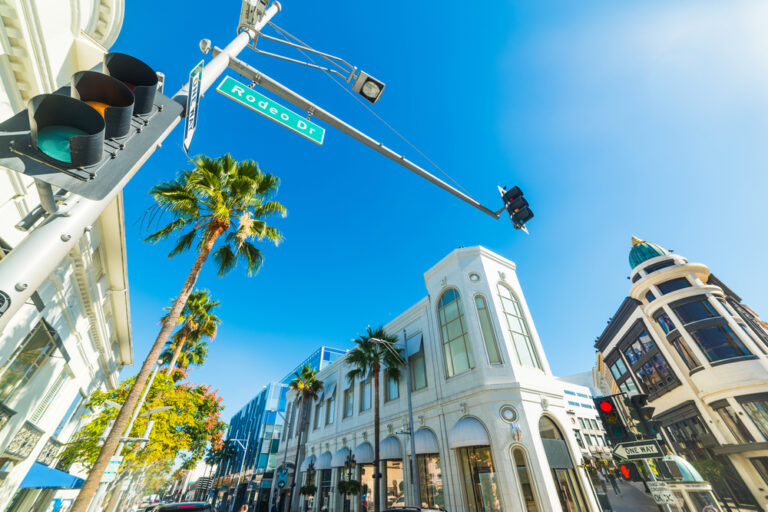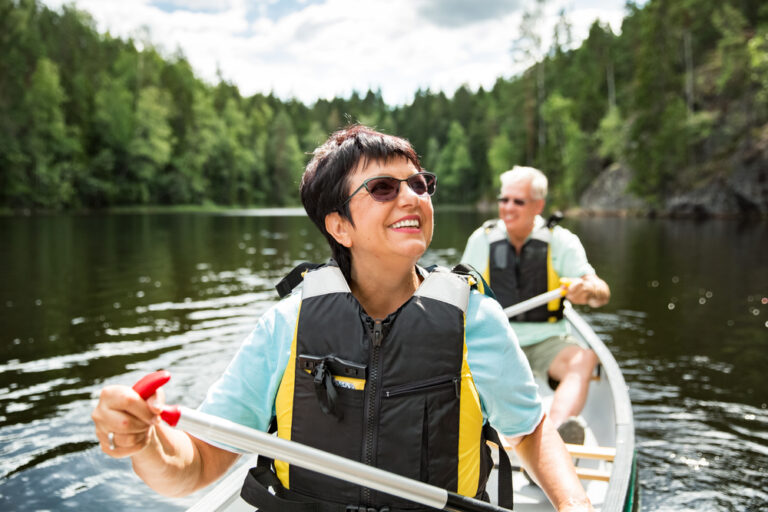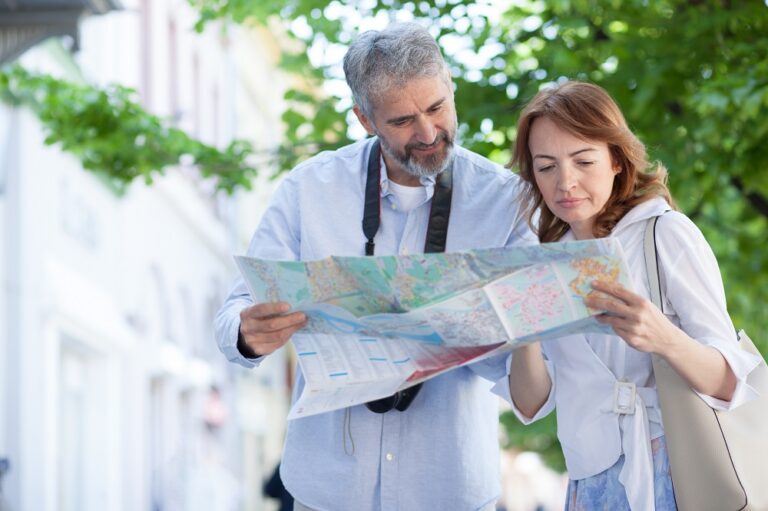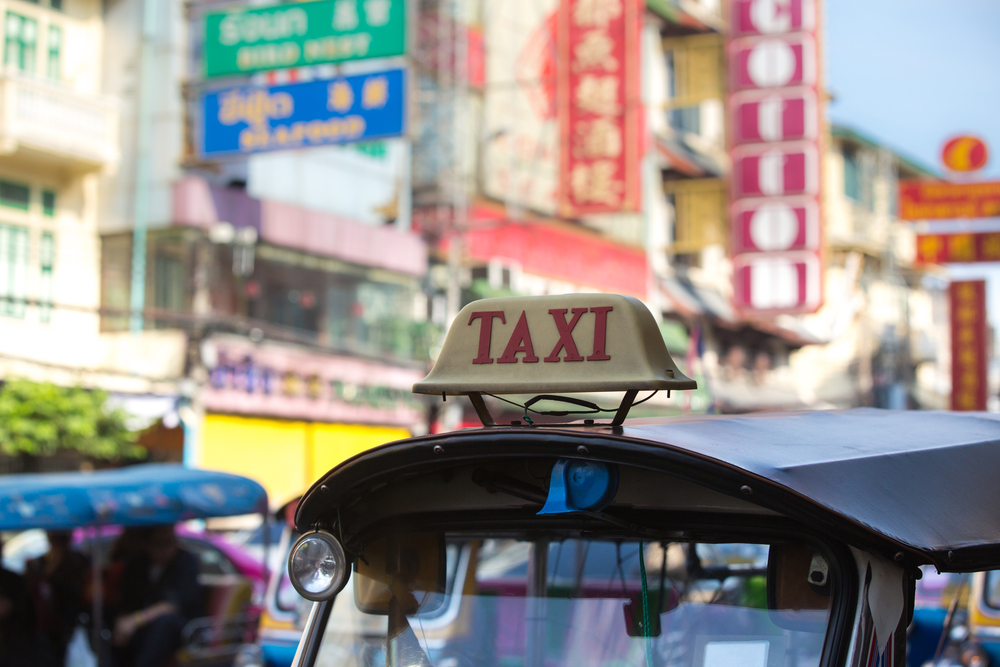
When you’re traveling, you’re not spending all of your time and energy trying to figure if any kind of interaction might lead to a scam. It’s easy to think that you have everything covered, but the truth is, anyone can fall into this trap.
The scams can vary, from getting ridiculously overcharged on cab rides to unknowingly revealing credit card info. Scams like these can happen to you wherever you might go, no matter the country or the city. Of course, you can’t be completely paranoid throughout your journey, so we thought it would be helpful to give you a list of scams we have encountered so far:
- The Sauce Trick – Their method works like this: the crook squirts or spills sauce on you. They point it out, making tons of excuses, and offering to help clean it off. Meanwhile, they steal your wallet or one of their accomplices does. The whole point of this is to divert your attention from your belongings onto the situation they created. They leave, you’re thinking “what a nice person”, but your wallet is gone.
- Exchanging money – This one goes like this: the shopkeeper or a taxi driver gives you less change than you’re supposed to get. If not, they’ll rapidly switch a 50 for a 5 and tell you there’s not enough money. You go to any foreign exchange booth and try to change your money. While changing, the clerk switches similar notes and you end up with way less than you paid for.
- Dodgy tours – If you decided on taking a trip to a completely unknown location, it’s safe to go with a well-established tour company. Like this, you’ll get what you paid for, and your safety will be in good hands. And if you’re going online to search for accommodations, book through reputable websites and operators.
- Taxi and Tuk Tuk scams – Many drivers are overcharging travelers with absurd fares, explaining that the meter is broken. Others are waiting for you the minute you get out of the airport, taking you on the least direct route. But that’s not all! Others have closed deals with restaurant owners, shopkeepers and other attractions. If you ask them about a specific restaurant, they’d tell you that it’s closed but they know somewhere where it’s always open. Stay calm and firm about where you want to be taken, and don’t spend too much chatting with these people.
- Ticket scams – You arrive at the bus terminal and you only have a few minutes left to buy a ticket. Suddenly, a guy approaches you with tickets to sell, claiming they are at discount or that you can skip the ticket queue. You buy the ticket, but you later realize that it’s a false one and that he left with your money. Always choose the queue.
- Fake cops – This one’s not nice at all. Fake cops are apparently everywhere and their most important target is, of course, travelers. They’ll approach you and ask for your personal ID, only to issue a fine for something you never did or isn’t wrong, and “inform” you that the fine can be paid on the spot.
- Rental scams – It might be a jetski in Thailand or a scooter in Mykonos. The old scam is based on the principle “you damaged it, you pay”. The tourist rents the vehicle, and upon return is met with demands for paying the damages that were already there. It’s advisable to take photos of the vehicle before you take it for a spin, so you can document the damage that was already there.
- Bar scams – You decided on a city break, and now you’re enjoying the new country you’re visiting. You’re at the local bar and a friendly person approaches you and initiates a conversation. As the night goes on, you’re talking, having a bunch of drinks, having a good time. The person suddenly has to go, and when you’re left alone, you realize that all those drinks were put on your bill.
- Border scam – Unfortunately, the scam happens in collaboration with fake police or officials. You arrive at a border crossing, when suddenly a “visa official” comes to you, offering to process your entry visa. The only problem is that you’ll only end up ripped off.
- Fake souvenirs – If you’re a souvenirs fan, you should know how to make the difference between a fake one and an authentic one. But no matter how experienced you might be, it is possible to find somewhere a good that isn’t made by local artisans.








